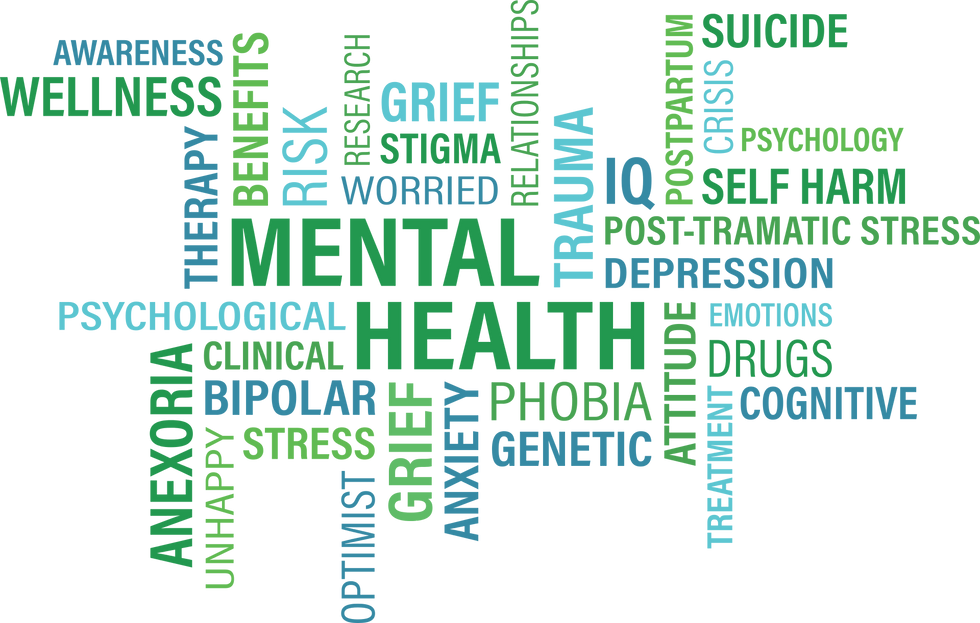Combatting COVID-19: A Tribute to Sri Lanka and A Lesson for the Rest
- Viren Beruwalage
- Sep 21, 2020
- 4 min read
Updated: May 24, 2024
Having endured and overcome a bloody, gruesome 30 year civil war which was once tagged as being a war “that may never end” to the Easter Sunday attacks of 2019 that instilled fear, pain and sorrow on every Sri Lankan, it is safe to say that we, as Sri Lankans, have faced our fair share of hardship. Yet, we dig deep within and overcome any and all obstacles we encounter in typical Lankan fashion- with a smile as wide as the breadth of the Galle Fort and a resilience as unshakeable as Kumar Sangakkara’s forward defence.
Our encounters with trials and tribulations, be it the aforementioned man-made disasters or a natural disaster in the form of the 2004 Tsunami, while helping define our identity through unparalleled, highly acclaimed rebuilding mechanisms, also entails a lot of shattered-hearts and empty homes. Hence, it was only appropriate for our government and the nation to be prepared for a potential outbreak of COVID-19 and ensure that much needed mechanisms were set in place prior to us having a single positive case. With little respite following one of the darkest days in our country’s history, Easter Sunday- it was imperative that the suffering caused by and number of lives stripped away by COVID-19 was minimized.

Photograph by the U.S. Department of State.
Over 5 months on from the emergence of the first positive case in Sri Lanka, the number of COVID-19 casualties on the island stands at a mere 13 while the total number of confirmed cases is 3262. Most of these cases comprised of returnees while community spread within Sri Lanka was largely insignificant. For the sake of comparison, Scotland, with a population that is 1/4th the size of Sri Lanka’s has recorded over 23000 confirmed cases and over 2500 confirmed deaths.
While all these developed countries have failed to protect its people and have struggled in stemming the outbreak, including the likes of the USA, it is these countries that garner significant attention by the media and significant “press-time”. Whenever we’ve had a debate or discussion on education systems, the Scandinavian countries are quickly referred to as “role-models” for having implemented successful education policies. When referring to healthcare systems, Singapore attracts much acclaim by the world’s press but when addressing attempts at tackling the COVID-19 outbreak, insignificant focus has been channeled to the efforts of the “Pearl of the Indian Ocean”.
Mandatory quarantine for returnees at hotels and camps around the island are overseen by the Army, who went beyond their call of duty in catering to the needs of every individual ( be it altered meal times, special dietary requirements, a free provision of toiletries and bed-linen and free , freshly cooked meals with notable variety), and left many amazed by the sheer efficiency and hospitality they extended. Moreover, following a well-phased upliftment of the island-wide curfew and lockdown and a very effective contact tracing mechanism, a sense of normalcy was quickly restored in Sri Lanka. This culminated in it being deemed safe to hold the general elections early last month, thereby making us the first country to successfully hold elections in the post-COVID era. Not a single positive case resulted from election-related proceedings.

Photograph by Wikimedia Commons.
The rest of the world was still coming to terms with setbacks caused by the pandemic and were still having debates on whether “herd-immunity” would be the optimal solution or whether masks should be worn by all in a bid to curb the “Chinese Virus”, as touted by a so called “learned” figure in the US. We live in an era where there is an inherent, biased, and socially-constructed hierarchy. We respect “developed nations” with “trump-cards” at the helm (no pun intended) and continue to criticize those who do not follow in the footsteps of the aforementioned reputed nations. Had Sri Lanka tried to follow in the footsteps of its former colonialist, namely the UK, we too would have been scavenging to build more Nightingale-like hospitals with a budget that is incomparable to the UK’s. Had Sri Lanka tried to follow in the footsteps of the US, by being more pre-occupied about blaming the virus on China, we too would have had new cases in the 1000s each day.
Hence, it needs to be re-iterated that instead of only bringing Sri Lanka to light whenever western media seeks an article or press-time on “apparent, alleged human rights” related topics, perhaps its time to highlight Sri Lanka’s unparalleled response to COVID-19. We, Sri Lankans, were spared of more anguish and can afford to bear our typical, warm, Lankan smiles. Yet this time, it does not mask the insurmountable pain and suffering we may have had to endure with the pandemic but is a result of our sense of pride at our attempts of tackling and curbing the spread. Above all, we did it in the only way we deem fit — the Lankan way. So, here’s to you Sri Lanka and here’s to the lesson others learned the hard way…





Comments